Great potential
Healthcare tourism has become a popular and growing form of tourism in some countries such as India, Japan, China, Thailand, and Indonesia. According to the Global Healthcare Economy report published at the end of 2021, the Global Wellness Institute (GWI) forecasted that the growth rate of the healthcare tourism industry in the period 2020 - 2025 could reach 21%, surpassing all other areas of the healthcare industry in general.
According to a survey by the World Wellness Tourism Association, 76% of respondents said they were willing to spend more on health-improving trips and 55% would pay more for psychological services or therapy. This shows that the demand for experiencing health care products among tourists is increasing.
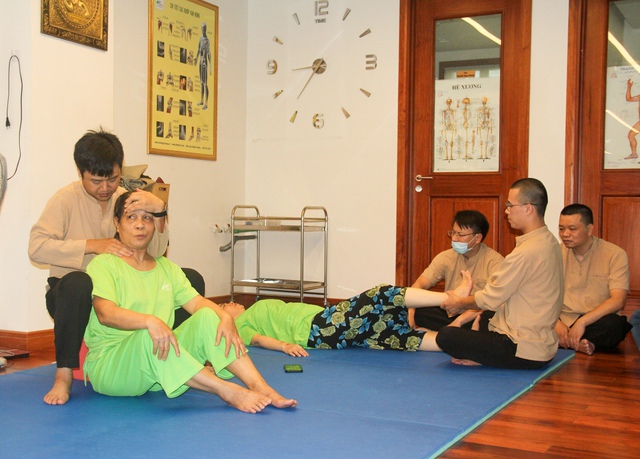
Vietnam is also considered one of the countries with great potential for developing health care tourism (illustrative photo)
Director of the Asian Tourism Development Institute Pham Hai Quynh said that wellness tourism is a combination of tourism and healthcare, helping tourists relax, improve their health and balance their mind.
Vietnam is considered one of the countries with great potential for developing health tourism with a coastline of about 3,260km, many beautiful beaches stretching from North to South such as Tra Co, Ha Long, Cat Ba, Cua Lo, Lang Co, Nha Trang, Mui Ne, Long Hai, Vung Tau, Phu Quoc... very convenient for resort tourism. The coastal area of our country also has many large and small islands, including many small, quiet beaches, very suitable for relaxation and medical tourism. In addition, we also have a rich source of mineral water, which is valuable for treatment, nursing and health care.
In addition, Vietnam also has a diverse medicinal plant system with about 3,850 plant species and 406 animal species used in Oriental medicine. This is a valuable resource, contributing to diversifying products and making Traditional Medicine a strength in health care tourism and community tourism models.
According to Mr. Pham Hai Quynh, the potential for developing resort and health care tourism in Vietnam has been exploited for a long time, with its mark in some places such as: Tam Dao (Vinh Phuc), Da Lat (Lam Dong), Sa Pa (Lao Cai), Mau Son (Lang Son), Ba Na (Da Nang)... However, it is still small and not diversified in terms of products.
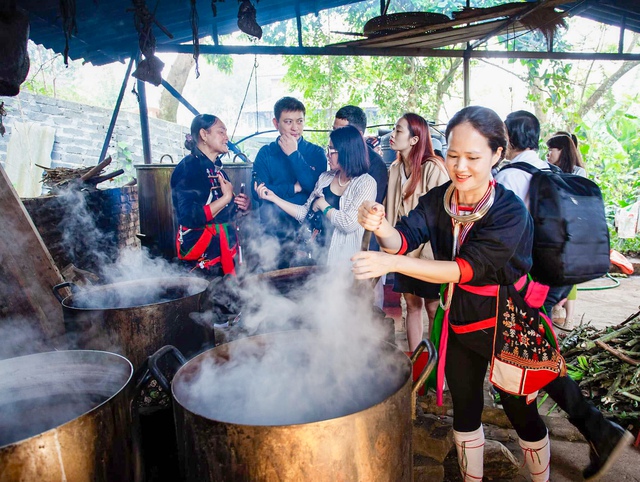
Tourists learn about the Dao people's medicinal herb cooking process in Ba Vi district (Hanoi)
It was only after the Covid-19 pandemic that many people realized the importance of health, especially mental health, in the face of the silent effects of stress and external factors. Realizing that need, many resorts have offered health care services based on outdoor activities combined with therapeutic methods such as hot mineral baths (onsen), mud baths, saunas, spas, detox (purification, detoxification), meditation, yoga, walking... to take care of health, while soothing the spirit, increasing the healing ability of visitors.
In particular, many localities have begun to exploit and develop community tourism products associated with health care to attract domestic and foreign tourists. For example, Ba Vi district (Hanoi) has recently launched the Ban Mien community tourism area with experiential activities mainly based on the advantages of local people, when over 90% of the people are Dao Quan Chet people with many traditional health care remedies, helping tourists experience and relax.
"Health tourism plays an important role in improving the quality of tourism services, attracting international tourists, thereby creating income for local people as well as contributing to the country's economic development. Therefore, in-depth research and development of this tourism model will be an advantage for Vietnam," Mr. Pham Hai Quynh emphasized.
Need to build comprehensive development policy
Despite possessing great potential and internal strength, the scale and nature of health care tourism in Vietnam still has many limitations and is considered to have fragmented and fragmented development.
Speaking about this, Mr. Pham Hai Quynh said that developing health care tourism is not easy because it requires investment in infrastructure, quality human resources and professionalism in providing health care services. In particular, with health products aiming to become tourism products, it is not only limited to traditional or craft village methods, but it requires in-depth analysis for each product with the support of tourism experts and medical experts to create quality products. At the same time, there must be research and scientific evidence in each medicine, each dish or each experience service.
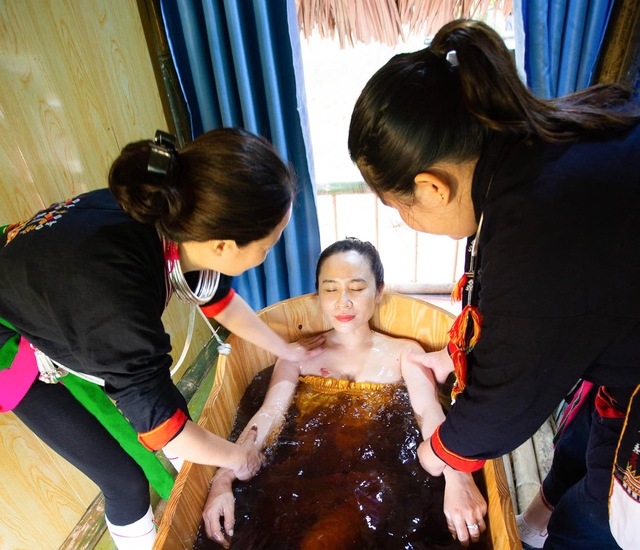
Tourists experience herbal baths of the Dao people in Ba Vi district (Hanoi)
Accordingly, Mr. Pham Hai Quynh believes that developing quality, unique products is an important step. To do that, Vietnam needs to build a comprehensive development policy for health tourism along with the country's general tourism development strategy until 2025, with a vision to 2030. It is necessary to comprehensively assess the ability to develop a health tourism network to maximize the strengths of each locality and region, and to know exactly the needs and characteristics of the tourist market in order to build appropriate, focused health tourism products.
Create mechanisms and policies to attract investment, encourage the participation of individuals and businesses in developing health care tourism, harmonious development, and close connection between localities and domestic and international destinations. For example, we can cooperate with international insurance companies to ensure peace of mind for international tourists in using the product.
In addition, each locality also needs to proactively exploit and develop many unique health tourism experiences based on natural and cultural resources. In addition, upgrading infrastructure and services is a must. Ensure that health tourism infrastructure and services meet safety, hygiene, and environmental protection standards. Train and improve skills for staff in the health tourism sector. From tour guides to medical professionals, specialized training and courses related to traditional medicine and medicinal herbs need to be promoted.
"Those efforts will help Vietnam develop and exploit the potential of the healthcare tourism industry in the future," Mr. Pham Hai Quynh affirmed./.
Source: https://toquoc.vn/danh-thuc-tiem-nang-phat-trien-du-lich-cham-soc-suc-khoe-20240613150255178.htm


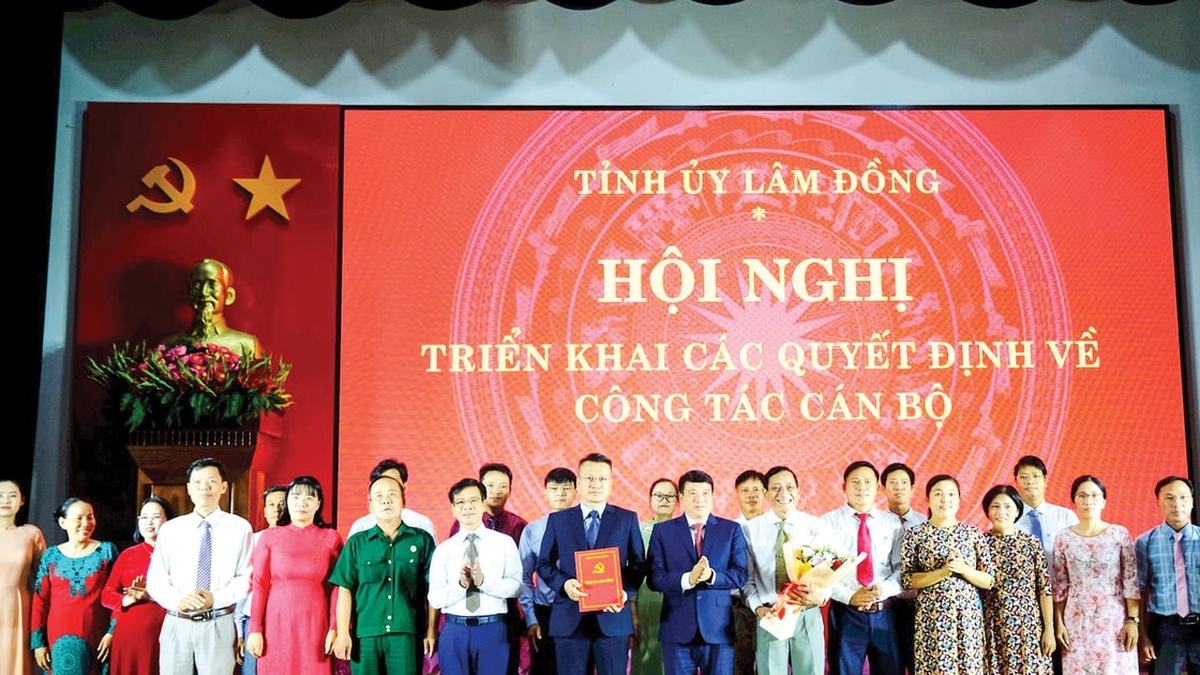
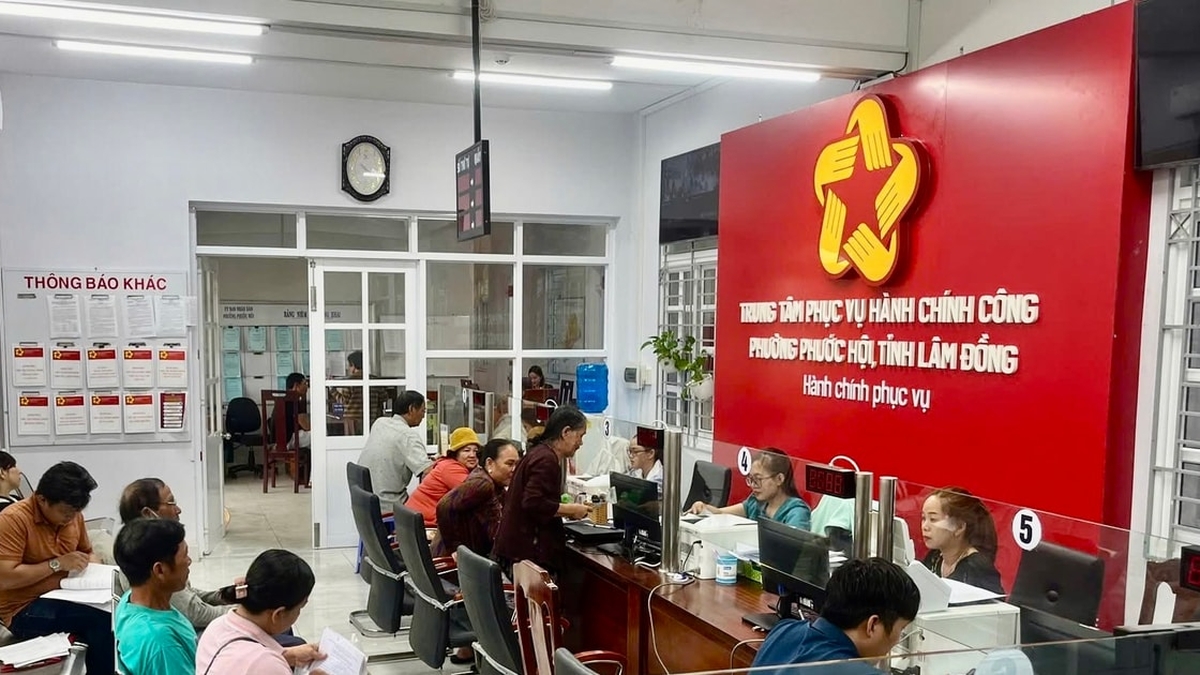
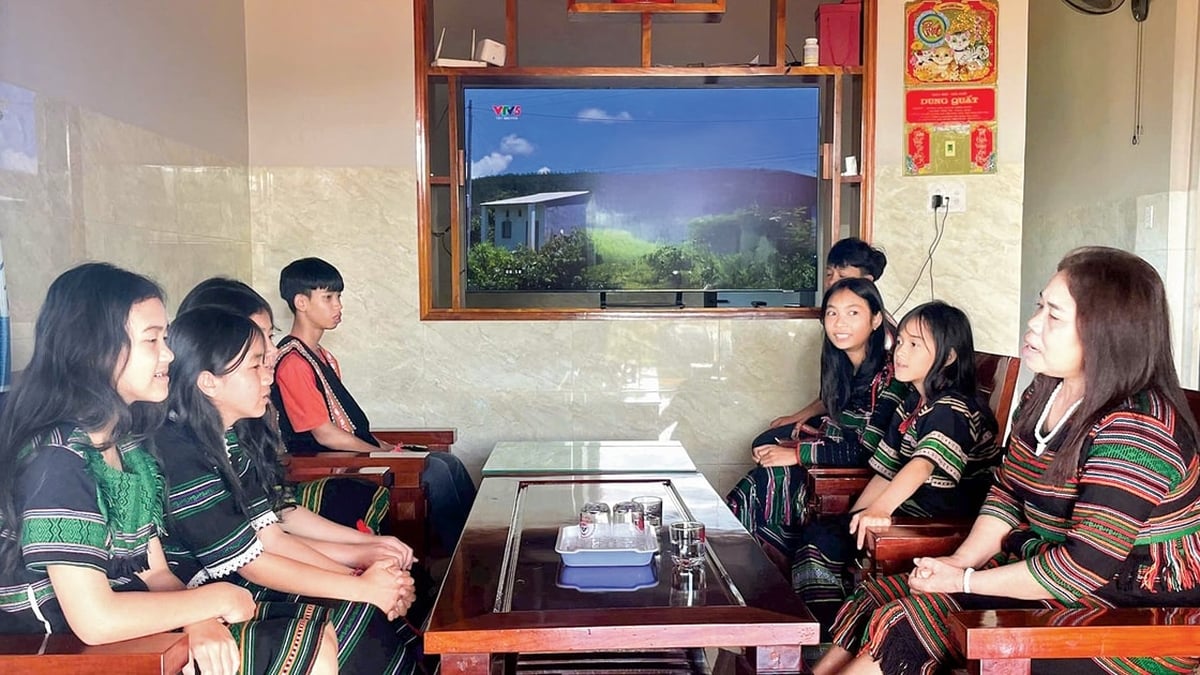

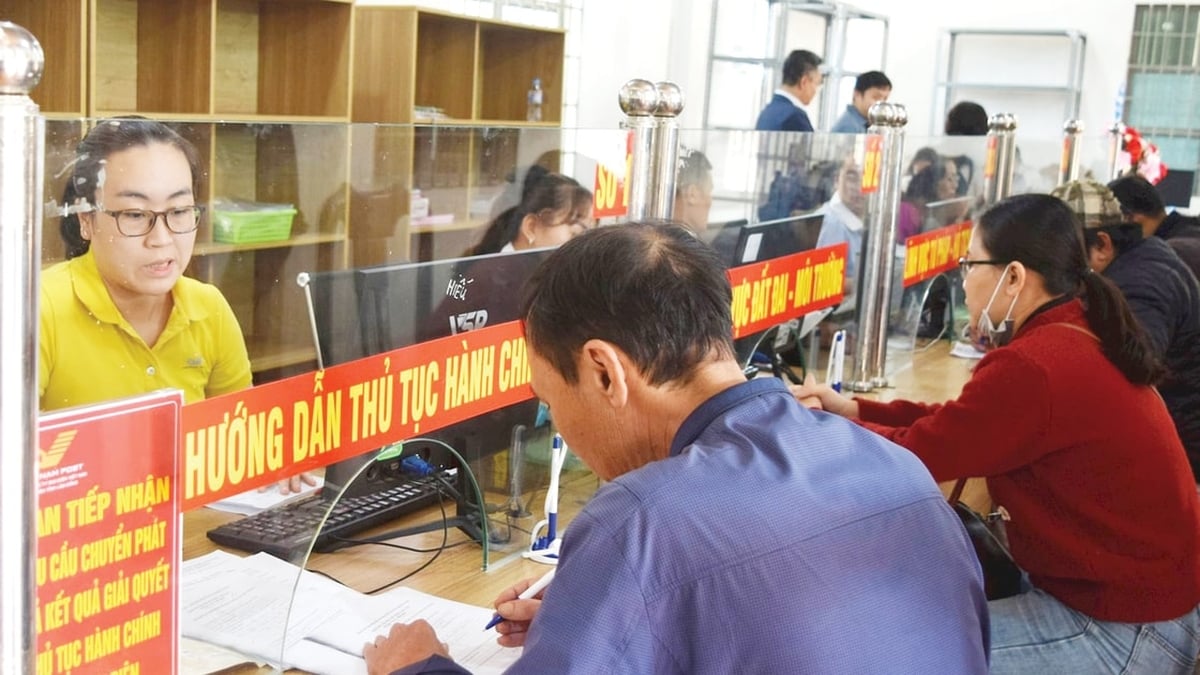

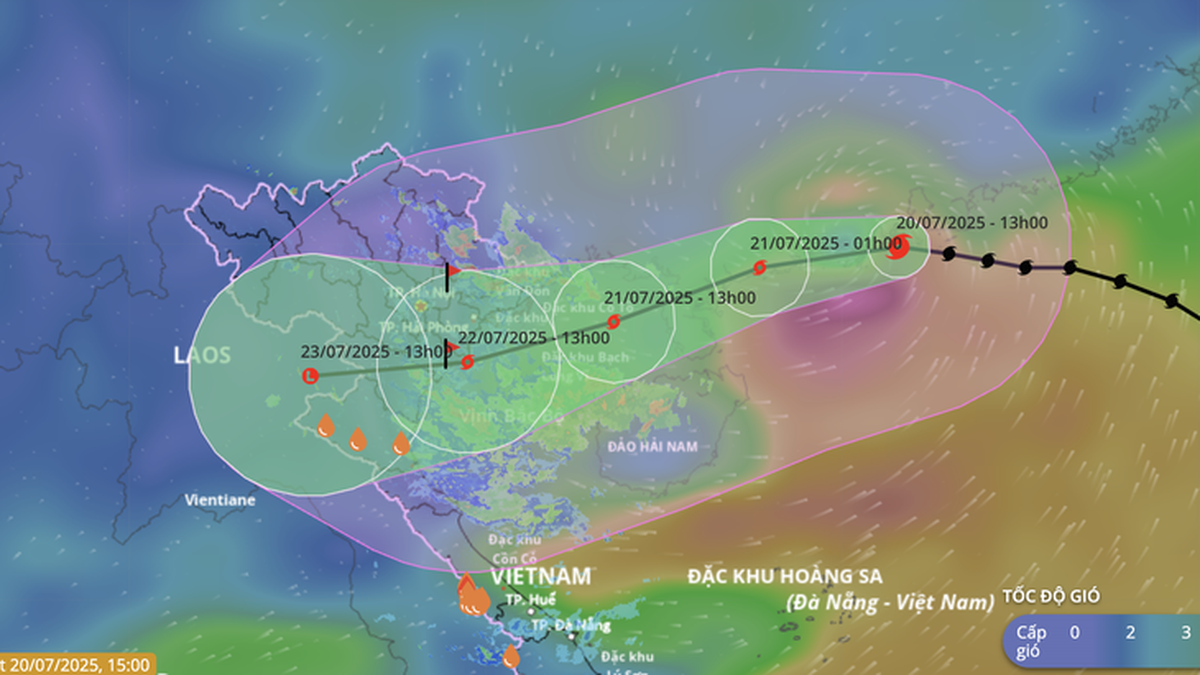
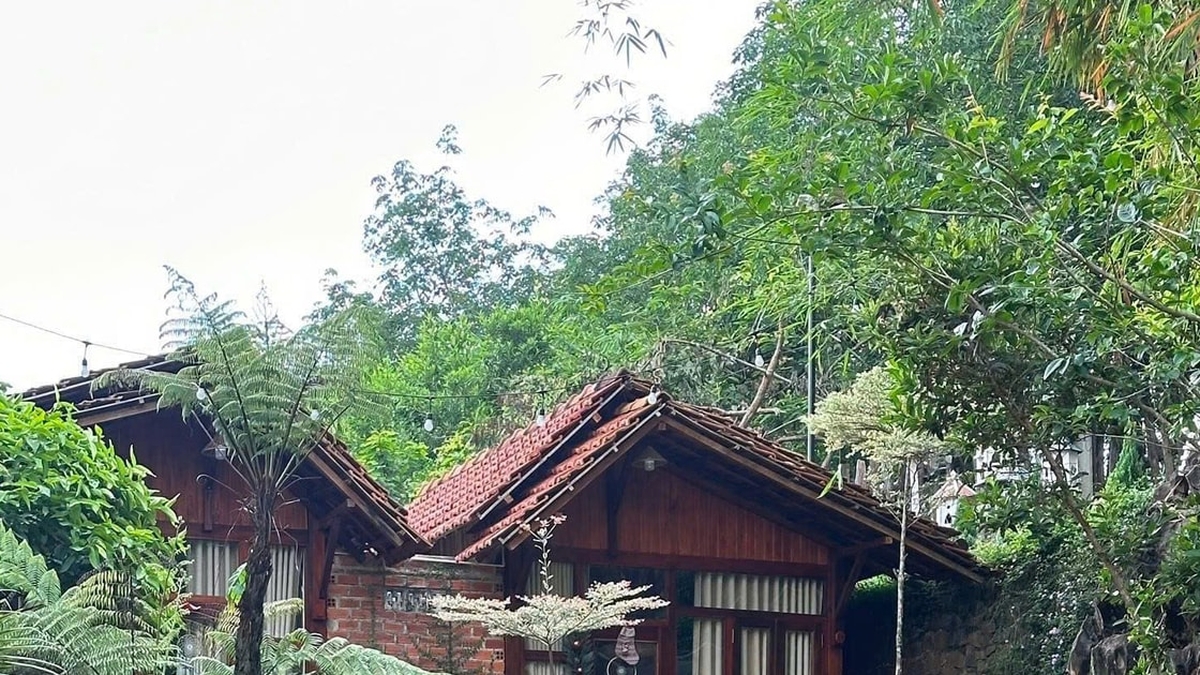
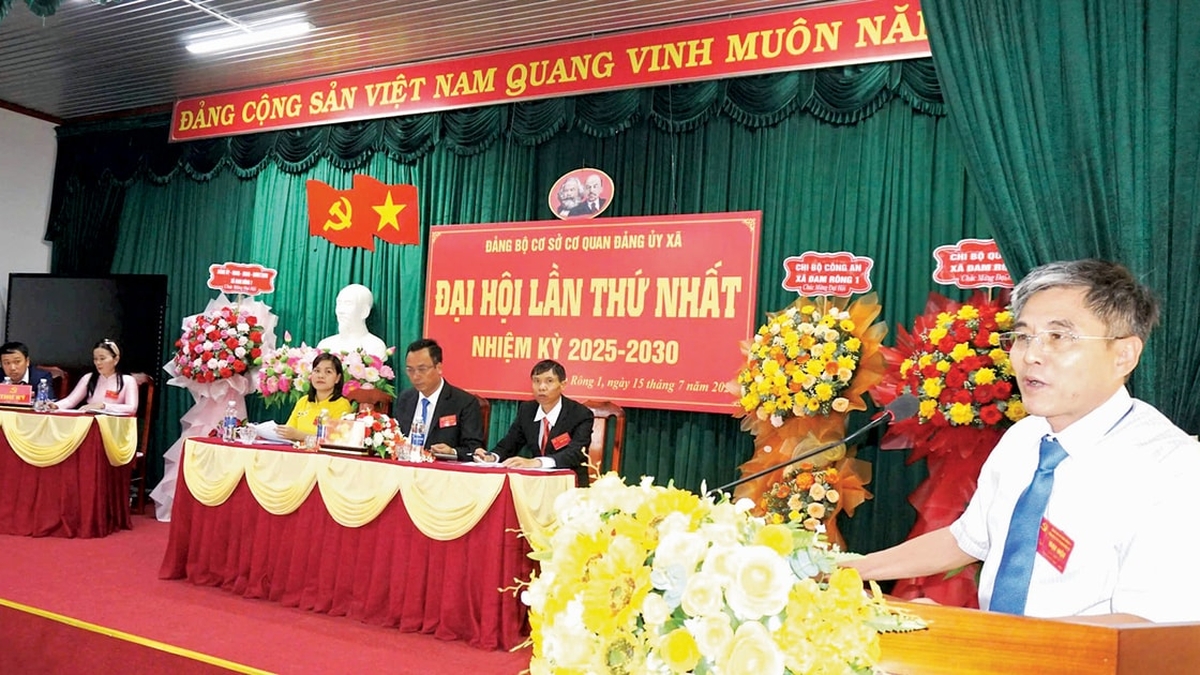
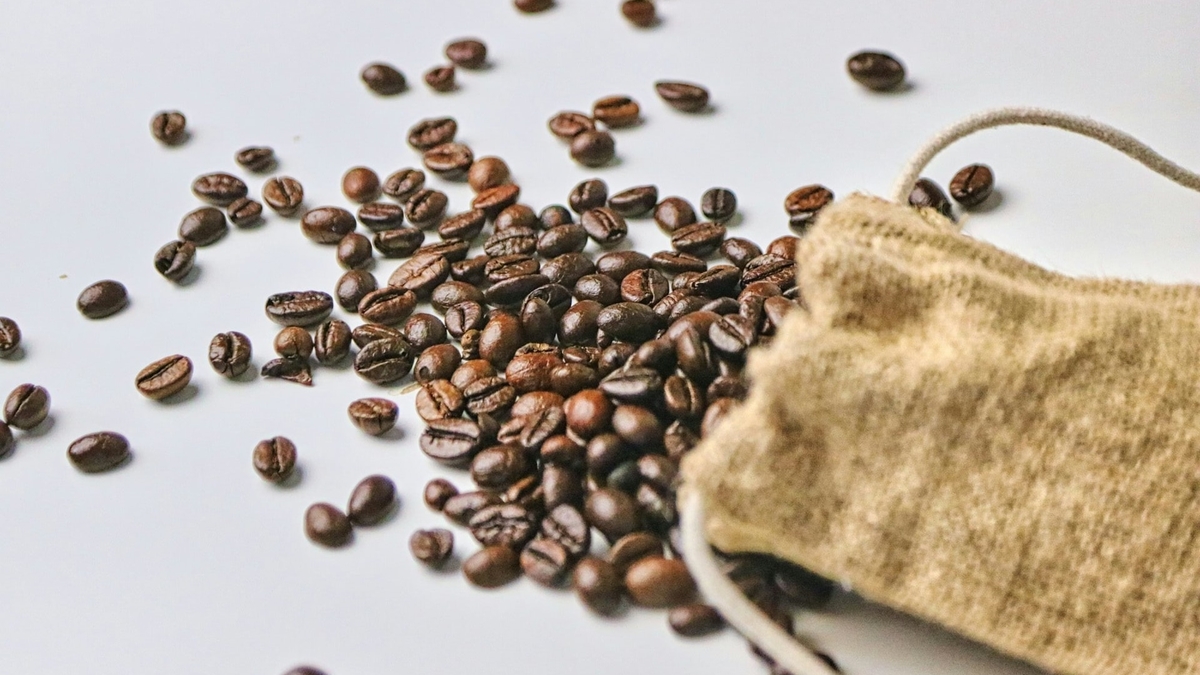
















![[Photo] National Assembly Chairman Tran Thanh Man visits Vietnamese Heroic Mother Ta Thi Tran](https://vphoto.vietnam.vn/thumb/1200x675/vietnam/resource/IMAGE/2025/7/20/765c0bd057dd44ad83ab89fe0255b783)





































































Comment (0)